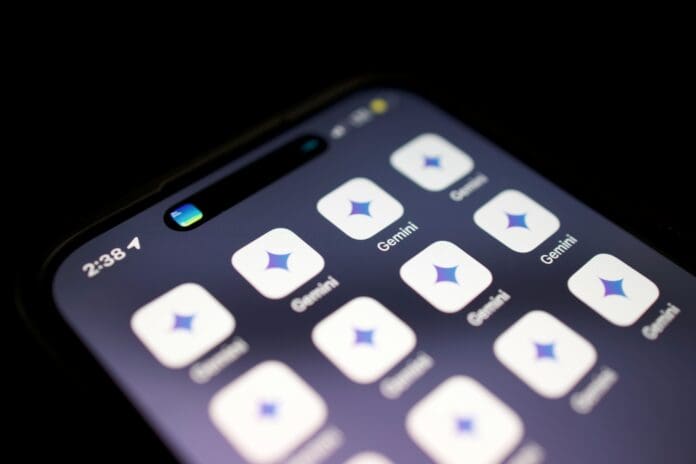This post is also available in:
 עברית (Hebrew)
עברית (Hebrew)
Google has introduced Private AI Compute, a new privacy-preserving system designed to process artificial intelligence (AI) queries in the cloud while keeping user data fully protected. The system allows AI models such as Gemini to run with the power of Google’s infrastructure but with the privacy guarantees typically associated with on-device processing.
The approach focuses on what Google describes as a “secure, fortified space”. Meaning, an isolated cloud environment built for handling sensitive data without granting access to anyone, including Google’s own engineers. It relies on custom hardware components, including Trillium Tensor Processing Units (TPUs) and Titanium Intelligence Enclaves (TIE), to enable high-performance computation within tightly controlled security boundaries.
Private AI Compute operates using hardware-based Trusted Execution Environments (TEEs) built on AMD technology. These TEEs encrypt and isolate active workloads from the host system, ensuring that only verified code can run and that no administrative access is permitted. Memory encryption and physical protections are in place to prevent data exfiltration, even in the event of hardware compromise.
The system’s design supports mutual authentication between nodes. Each computing task validates its counterpart through cryptographic attestation before exchanging data, ensuring that only trusted components interact within the secure network. All user interactions are protected by multiple encryption layers, beginning with Noise protocol handshakes and continuing through Google’s Application Layer Transport Security (ALTS).
Google says the environment is “ephemeral by design,” meaning all data, model inferences, and computations are automatically deleted after each session, preventing any long-term storage or retrieval of sensitive information.
According to the Hacker News, no further strengthen the platform, Google has implemented additional safeguards, including binary authorization to prevent unauthorized software, confidential federated compute for anonymized analytics, and third-party IP-blinding relays to obscure the source of incoming requests.
An independent review by NCC Group identified a few low-risk vulnerabilities, including a timing-based side channel in one component and potential denial-of-service (DoS) weaknesses, which Google is addressing. Despite these findings, the assessment concluded that Private AI Compute offers strong protection against data exposure and insider threats.
The initiative aligns with similar moves in the tech industry to make cloud-based AI processing more private. As AI models handle increasingly sensitive information, systems like Private AI Compute represent an emerging standard for combining computational performance with end-to-end data confidentiality.


























